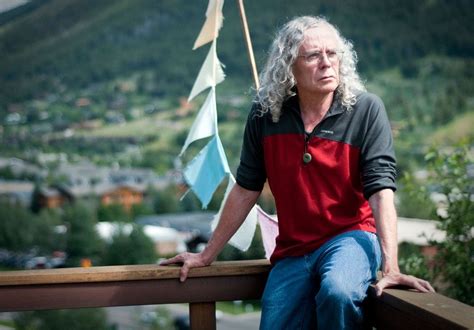A Quote by Ethan Canin
It's safe to say that all poets are manic-depressives, but fiction writers are on that scale, too.
Quote Topics
Related Quotes
Money is a huge issue for manic depressives. Sometimes the problem is not nearly on the same scale as it has been for me, but nonetheless, it's difficult to deal with. Many get themselves into debt that can take years to clear up, write bad cheques, shoplift and borrow huge amounts from family and friends.
When I taught at the University of Houston in the Creative Writing program we required the poets to take workshops in fiction writing and we required the fiction writers to take workshops in poetry. And the reason for that is because the fiction writers seemed to need to learn how to pay greater attention to language itself, to the way that language works.
Manic depression is a type of depression, technically, and it's the opposite of uni-polar. Manic depression is also called bi-polar disorder. Some people don't like to call it that because they think it makes it sound too nice, when the reality is if you have manic-depression you have manic-depression.
I tend to like the way poets form communities. Writing can be lonely after all. Modern life can be lonely. Poets do seem to be more social than fiction writers. This could be because of poetry's roots in the oral tradition - poetry is read aloud and even performed. I'm just speculating, of course. At any rate, because poets form these groups, they learn from one another. That is one of the best things about being a poet.




























